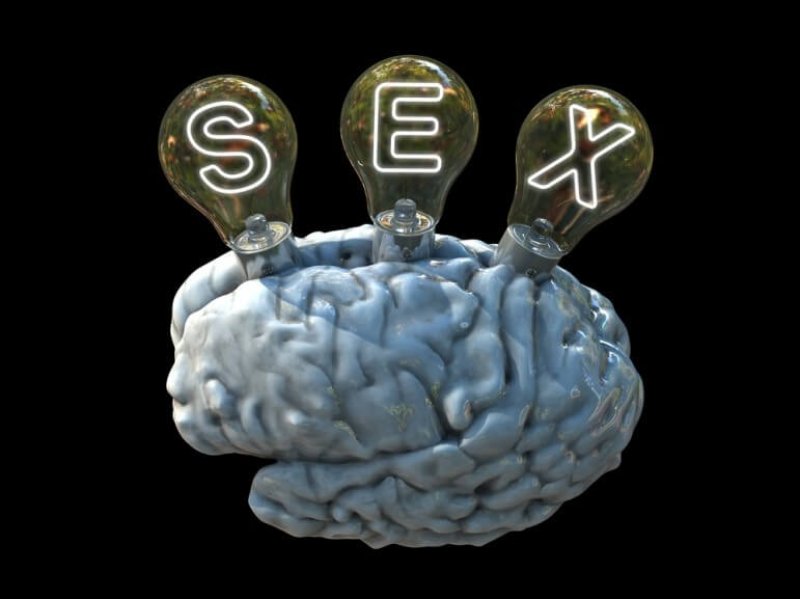The locus of male sexual desire has been uncovered in specific regions of brain tissue where a key gene named aromatase is present, reports a new Northwestern Medicine study in mice.
The gene regulates sexual behavior in men, and thus can be targeted by drugs to either increase its function for low sexual desire or decrease its function for compulsive sexual desire, scientists said. Aromatase converts testosterone to estrogen in the brain, which drives male sexual activity.
…
“This is the first key finding to explain how testosterone stimulates sexual desire,” said senior author Dr. Serdar Bulun, chair of obstetrics and gynecology at Northwestern University Feinberg School of Medicine and Northwestern Medicine.
The finding can contribute to new treatments for disorders of sexual desire, the scientists said.
Low sexual desire, clinically known as hypoactive sexual desire disorder, is a common condition and can be a side effect of widely used medications such as a category of antidepressants known as SSRIs. A treatment to boost aromatase in this disorder could heighten sexual desire, Bulun said.
On the flip side, compulsive sexual desire is another condition that can be treated by an existing systemic aromatase inhibitor, but that treatment has side effects such as osteoporosis. Now, new selective drugs that suppress only the brain promoter region of the aromatase gene can be developed, Bulun said.































